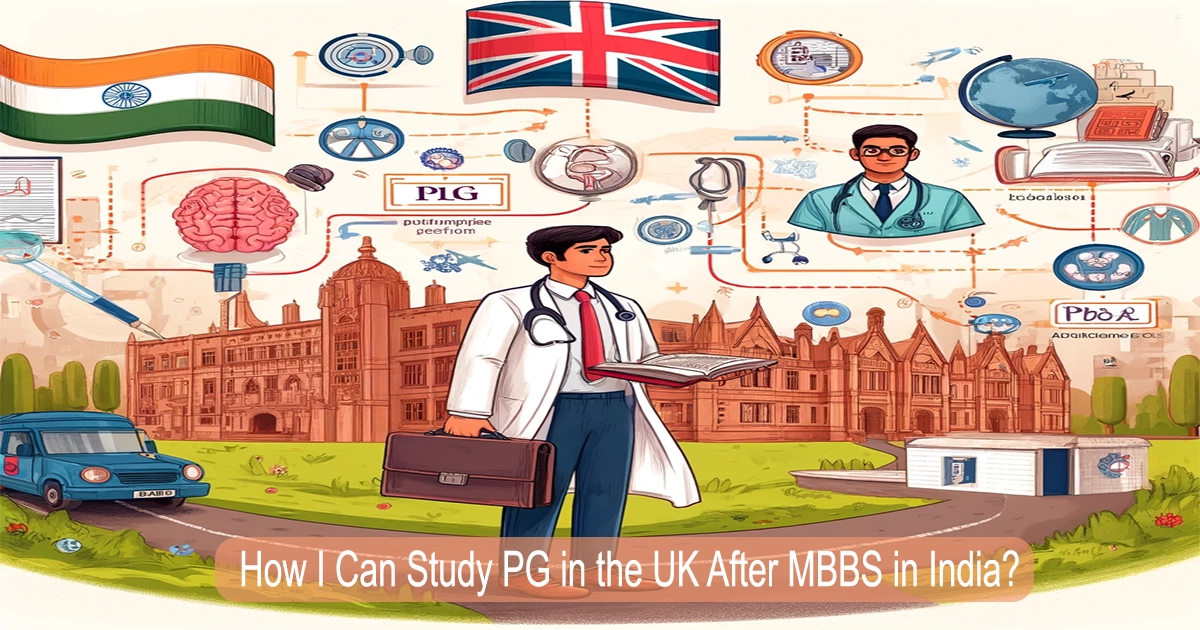
Is It Worth Studying MBBS in China
- 10th October
- 35

Pursuing postgraduate medical education in the UK after completing your MBBS in India is a popular choice among Indian medical graduates. The UK offers world-class medical training and ample opportunities for specialization. In this article, we will guide you through the process of applying for PG in the UK, covering eligibility criteria, required exams like PLAB, application procedures, and more.
The UK is renowned for its advanced healthcare system and medical research. Indian doctors who complete their PG in the UK often benefit from a strong international reputation, excellent job prospects, and exposure to cutting-edge medical technologies. Furthermore, gaining clinical experience in the UK can be highly beneficial for those looking to further their careers on a global scale.
Before applying for a postgraduate course in the UK, ensure that you meet the following eligibility requirements:
The PLAB (Professional and Linguistic Assessments Board) exam is a crucial step for Indian MBBS graduates to practice medicine in the UK. It ensures that doctors have the necessary skills and knowledge to work in the UK healthcare system. PLAB is conducted in two parts:
Prepare thoroughly by taking mock tests and joining PLAB coaching programs if necessary. Passing both PLAB 1 and PLAB 2 qualifies you to apply for GMC registration, which is essential for further training and practice in the UK.
After clearing PLAB and registering with the GMC, Indian doctors can pursue various specializations. Some popular postgraduate courses include:
Postgraduate training in the UK is structured through foundation programs, core medical training (CMT), or specialty training depending on your chosen field. The duration of PG courses typically ranges from 3 to 5 years.
Here’s a step-by-step process to apply for PG in the UK after MBBS:
To study PG in the UK, Indian students will need a Tier 4 (General) student visa. Make sure you meet the following criteria for your visa application:
Applying for the Tier 4 visa can be done online through the UK government’s visa application portal.
Pursuing postgraduate medical education in the UK after MBBS in India is a rewarding journey that opens up international opportunities and career growth. Start by preparing for the PLAB exam, researching your preferred universities, and ensuring that you meet all application and visa requirements.